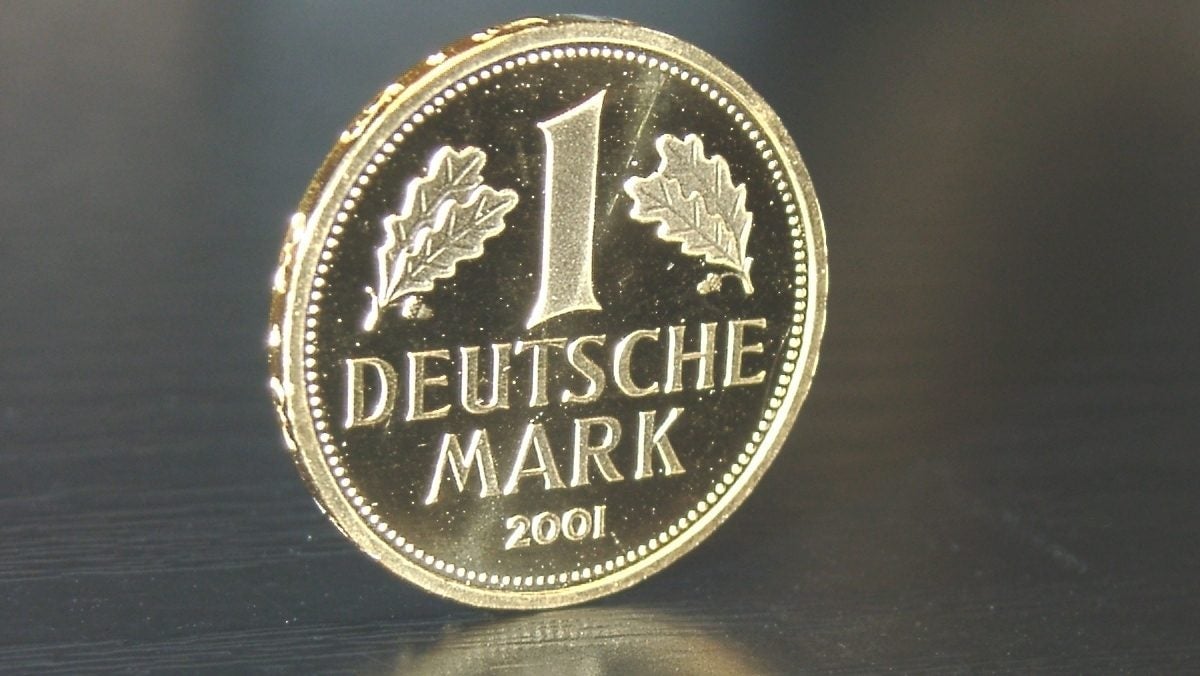Germans are hoarding billions of old deutschmarks out of fear, nostalgia, and laziness
The old trope that Germans pay for everything with cash has another wrinkle. Not only are they enamored by physical tender, they cling nostalgically to a certain kind.


The old trope that Germans pay for everything with cash has another wrinkle. Not only are they enamored by physical tender, they cling nostalgically to a certain kind.
A recent analysis by Bloomberg found that more than €15 billion ($16 billion) in old currencies in euro zone countries have yet to be exchanged for euros. Just under half of these defunct banknotes and coins (€6.5 billion worth) are being squirreled away in Europe’s economic powerhouse, Germany. France and Spain rank second and third as hoarders of old currency, each with over €1.5 billion in francs and pesetas lying around.
Most central banks put a deadline on exchanging old bank notes for euros after introducing the common currency. If you have old francs, for instance, at this point you’re out of luck (the deadline to exchange notes was in 2012). Spain gave its residents a much longer leash; they have until 2020 to cash in. Germany adores the deutschmark so much that, at least for now, it’s good forever.
Spain’s central bank suspects that nearly half its wandering pesetas will never be exchanged. Most of them are likely in the hands of collectors, were lost, or absconded with parting tourists.
Currency collectors are also to blame in Germany. Some buy and sell deutschmarks to extract their silver content. Rare bank notes are also worth far more than the official exchange rate (which is fixed at one euro for 1.95 deutschmarks). One German woman was offered €100 euros each for three 5-mark commemorative coins.
For Germans, money is also a source of pride and nostalgia (paywall). The old currency, introduced in West Germany in 1948 (before there was a flag, a national anthem, or even a constitution), is a hallmark of Germany’s post-war boom and more predictable times. The economic disruption (paywall) of German reunification in the 1990s left East Germans yearning desperately for the deutschmark.
The eurozone debt crisis reignited German currency fears. In 2011, fearing economic collapse, more than half of all Germans wanted to bring the deutschmark back (even though German exports had boomed under the weaker euro). Germany’s right-wing populist party Alternative for Germany (or the AFD) seized on those worries at the height of the crisis to peddle anti-euro rhetoric about leaving the economic bloc.
Those fears have since settled, and Germans seem once again resigned to having their euros, and their deutschmarks too.